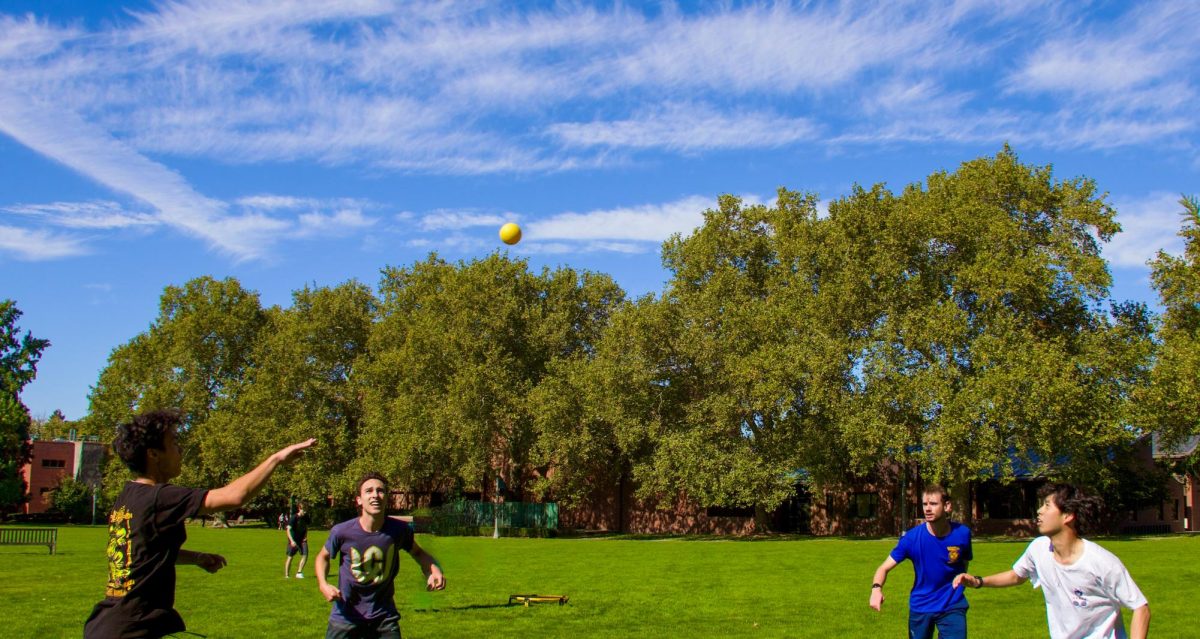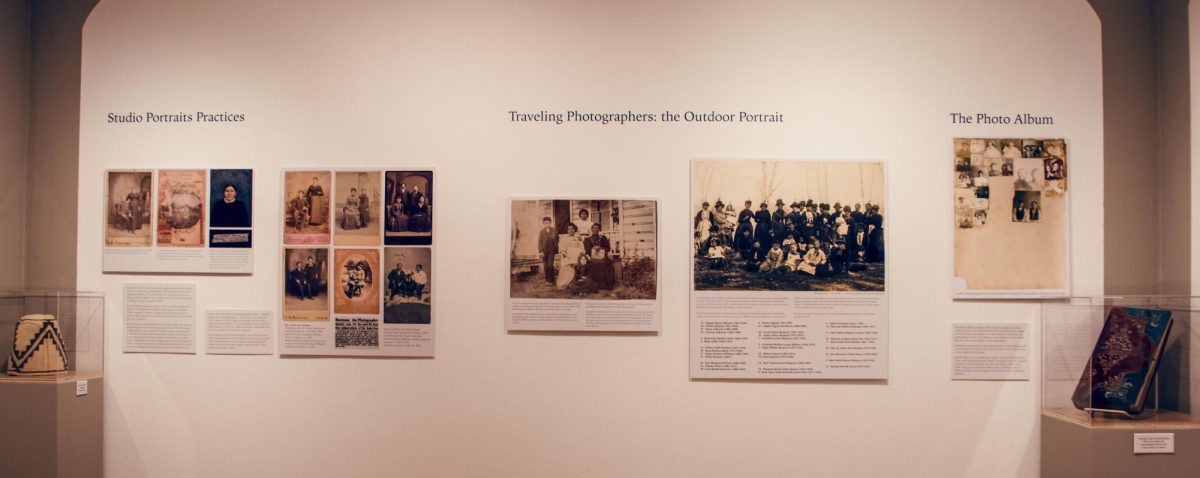
On June 29, 2023, the Supreme Court overturned the use of race-conscious admissions in a 6-2 decision by the conservative majority in Students for Fair Admissions (SFFA) v. Harvard.
The decision has upended admission practices — called race-conscious admission — geared toward increasing diversity on college campuses that have historically underrepresented people of color.
The Biden-Harris administration has released guidance for colleges through the Department of Education, outlying several strategies for encouraging diversity following the decision. The guidance noted investment in outreach to universities that serve underrepresented communities, considerations of personal experience of discrimination, increasing affordability of education and creating supportive environments for students of color are all ways colleges can cultivate diversity following the decision.
Adam Miller is the College’s Vice President for Admission and Financial Aid. He said in a written statement that, despite the decision, Whitman received its most diverse applicant pool to date. Miller expects these demographics to extend to the admitted student population.
“We currently have 7,151 first-year applicants. Last year on this date we had 6,058, so this year represents an 18 percent increase in total first-year applications … For the third year in a row we have a record number of applications from international students, students of color and students who are in the first generation of their families to attend college,” Miller said. “Given that we have our most diverse applicant pool ever, I would expect that we’ll offer admission to an incoming class that represents the diversity of the overall applicant pool.”
In an emailed statement to The Wire, Sarah Bolton, Whitman’s President, explained that Whitman College remains unwavering in its commitment to diversity, equity, inclusion and anti-racism.
“We are taking many steps to build and strengthen our community of inclusive excellence at Whitman. Our admissions team has been hard at work over the past many months to ensure that we are actively reaching out to prospective students who represent the broad diversity of our nation,” Bolton said.
Miller says the ruling will have a minimal impact on how the College reviews applications.
“We’ve always considered a student’s race/ethnicity as part of the broader context of who they are, and we’ve never thought of race or ethnicity as a binary that would make or break an admission decision, so our actual decision-making process hasn’t really been affected by the decision,” Miller said.
Miller said that the biggest change will have to do with a student’s race and ethnicity not being displayed to admissions staff; however, this information can still become known to admission officers through essays.
“Beginning with the Fall 2024 admission cycle, race/ethnicity information is no longer displayed when an application is being reviewed, and we’ve added guidance to our application review manual to ensure that any consideration of race/ethnicity aligns with the Supreme Court decision,” Miller said.
Tebraie Banda-Johns is the director of the Intercultural Center (IC), which seeks to cultivate respect, intercultural awareness and inclusiveness on campus, according to its mission statement. Banda-Johns said he’s not sure what impact the decision will have on the Intercultural Center.
“I don’t know how much of an impact [the decision] will make [on] the work that we do here at the IC. We’re still going to continue to uplift and support and affirm the cultures and identities that are around us and we’re still going to do the job we’ve been assigned to do which is to celebrate, educate and liberate,” Banda-Johns said.
As a part of supporting new students admitted to Whitman, Bolton noted the college’s commitment to expanding financial aid resources, highlighting the support from Whitman’s Board of Trustees and Development team. The Development Office is in charge of Whitman’s fundraising efforts and managing gifts given to the college.
“With support from the Board of Trustees in budget planning and the good work of our Development team to raise new scholarship funds, we are increasing the financial aid resources available to our current and prospective students. We are also building partnerships with organizations like the Posse Foundation and College Horizons, which help us connect with students who might not otherwise know about Whitman,” Bolton said.
“I would say that the College is, I think, in a good position to continue to support our students and make sure that they feel welcomed here and we want to create that environment of belonging and affirming of who they are, so that they feel they can thrive at their time here at Whitman College,” Banda-Johns said.










